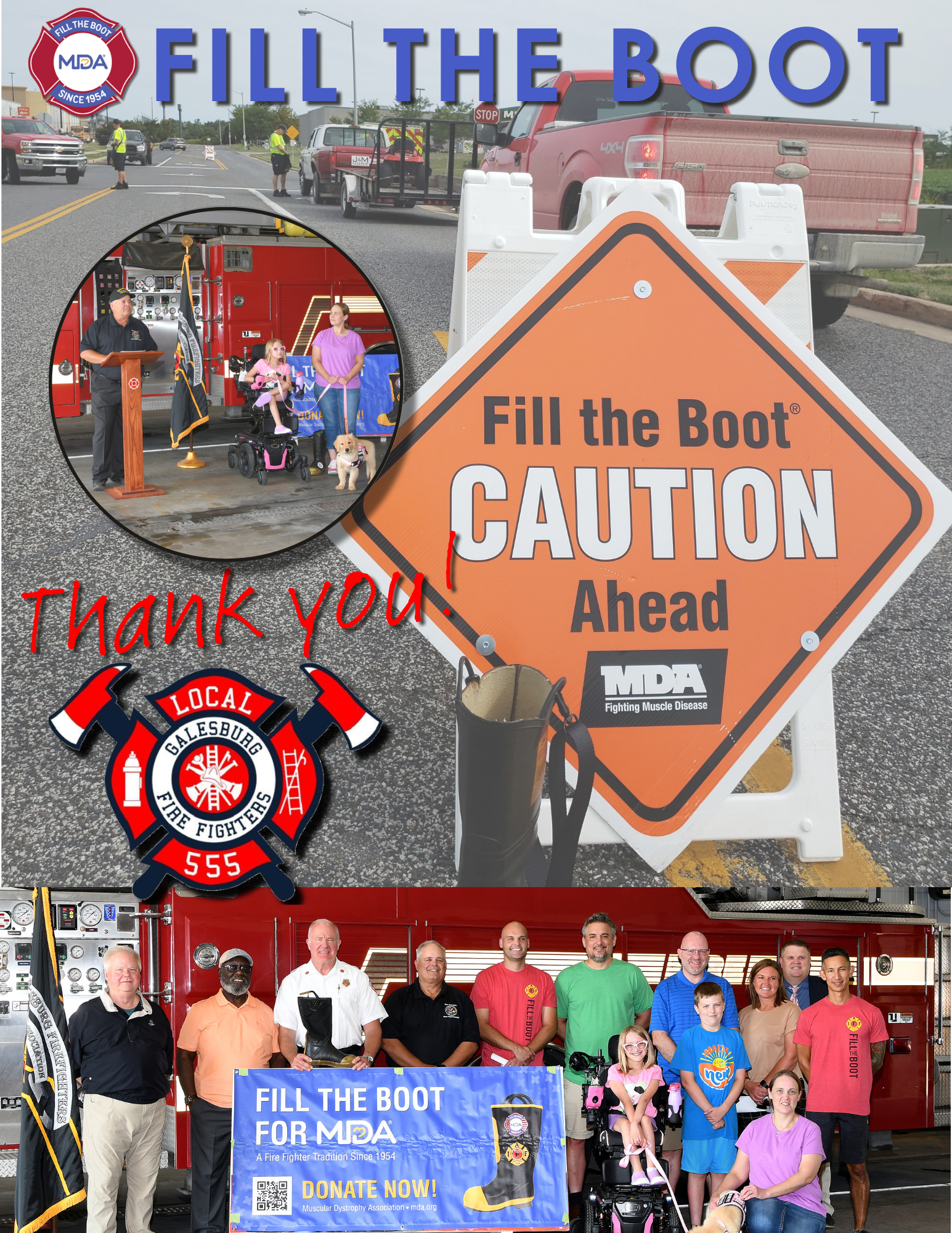If you’ve been contributing to an IRA, you’ve chosen a great way to save and invest for retirement. All IRAs have potential tax benefits and a range of investment possibilities, but not all IRA providers offer the same features. So, if you decide that your current IRA provider is charging higher fees than you’d like, or perhaps doesn’t offer as many investment choices as you want, then you might choose to move your IRA assets to another provider. How should you go about making this switch?
Here are some options to consider:
• Trustee-to-trustee transfer or direct rollover – You can ask the financial institution holding your IRA to move the money directly to another IRA. No taxes will be withheld from the amount transferred at the time of the transfer. This method is generally hassle-free, but some IRA sponsors will still only mail the check to your address of record, so you’d have to forward it to your new IRA.
• Indirect rollover – If you take an indirect rollover, also known as a 60-day rollover, the assets from your existing IRA will be liquidated and the custodian or plan sponsor will send you a check or deposit the funds directly into your bank or brokerage account. This payment may be subject to withholding for federal taxes, and possibly state taxes, unless you opt out of withholding. You have 60 calendar days from the time the funds were withdrawn to deposit the money, including any amount withheld, into a new IRA. If you miss this 60-day deadline, the withdrawal may be taxable at your personal income tax rate, and it could also be subject to an early withdrawal penalty if you’re younger than 59 ½.
Given the immediate withholding and the possibility of further taxes if you don’t move the money into a new IRA before the 60 days are up, you’ve got much to consider before initiating an indirect rollover. Consequently, you should consult with a financial advisor and tax professional before you make this type of move.
In addition to a rollover from an existing IRA, you may someday want to move the money from your 401(k) or similar employer-sponsored retirement plan to an IRA. This can occur when you retire or change jobs, although if you do take on another job, you might have the options of leaving your 401(k) with your former employer or rolling it over into your new employer’s plan. However, if you do want to move your 401(k) funds into an IRA, you can make what’s known as a direct rollover, in which the administrator of your old retirement plan will send you a check made payable to the custodian of your IRA. No taxes will be withheld, but you need to get the funds transferred within 60 days to avoid any potential tax issues.
You spend years contributing to your IRA and 401(k) — and for good reason. So, when it’s time to move that money, be careful and consider getting help from your financial and tax professionals. These funds can play a big role in your retirement income, so manage them wisely.
***This article was written by Edward Jones for use by your local Edward Jones Financial Advisor. Edward Jones, Member SIPC***















